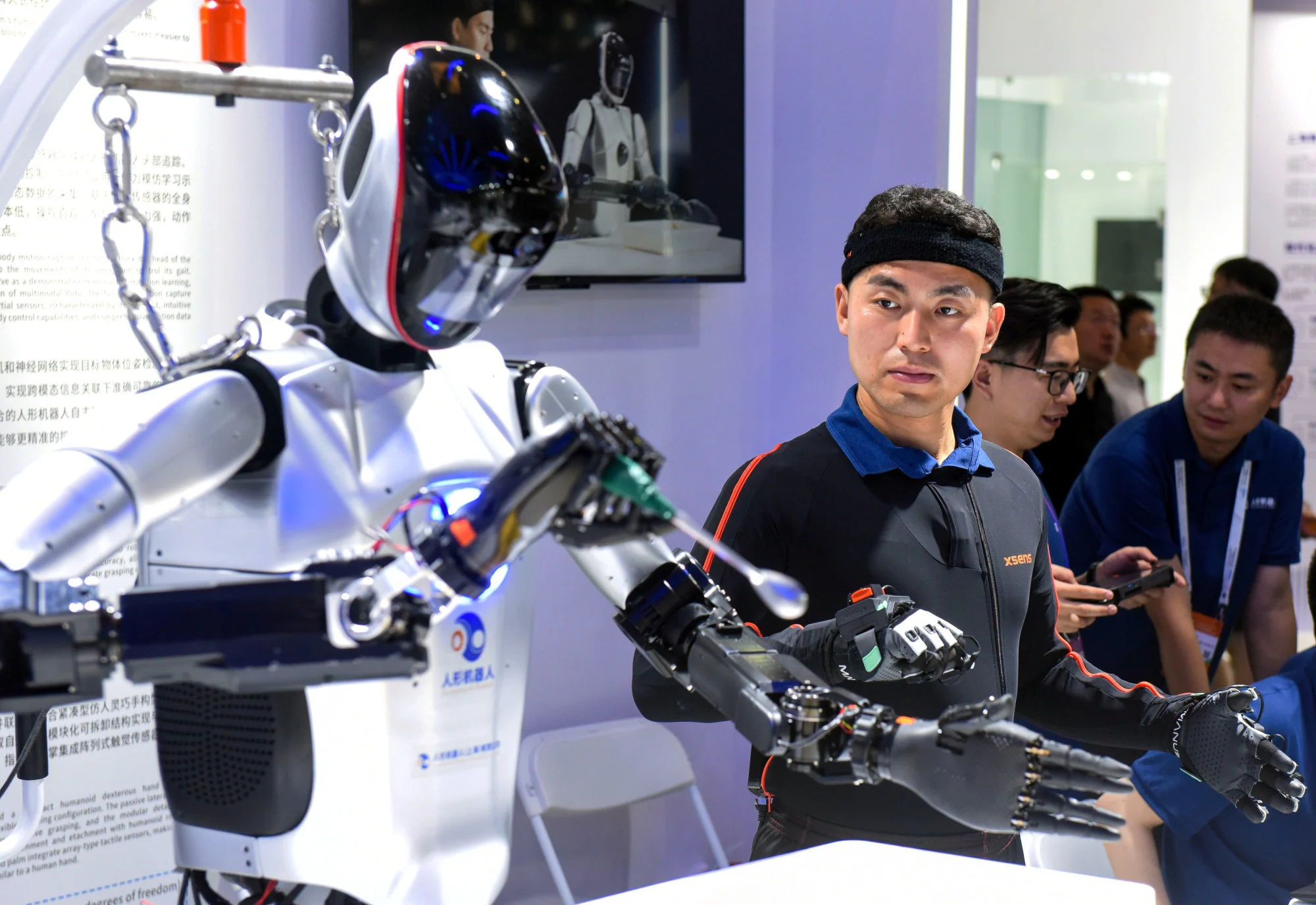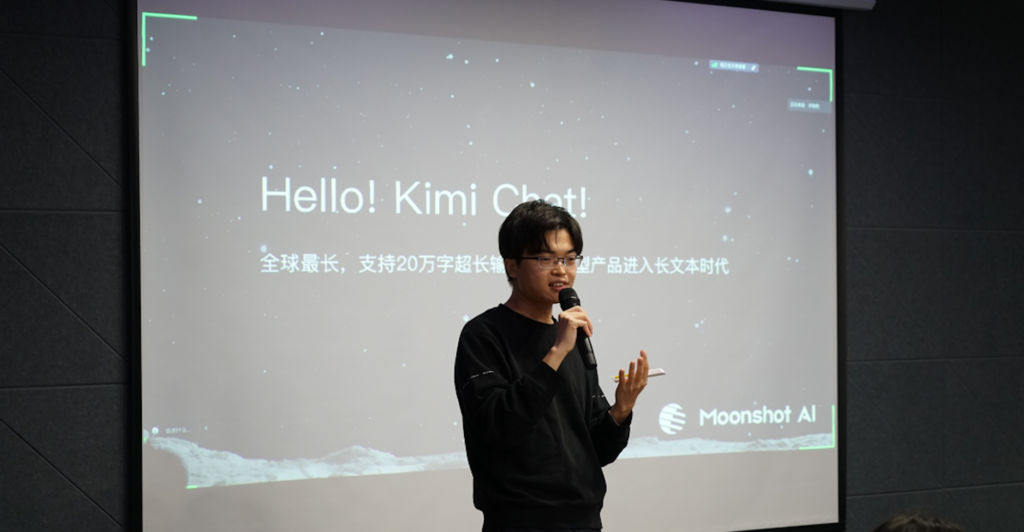
OpenAI’s latest model, OpenAI o1, marks a notable advancement in artificial intelligence, particularly in its ability to perform complex tasks. Yang Zhilin, founder and CEO of Moonshot AI, praised the release as a significant milestone for the industry. Speaking at a session in Tianjin, Yang emphasized that the model’s reinforcement learning techniques could address the challenge developers face when running out of organic data to train large language models. He believes the OpenAI o1 model represents a pivotal shift by replicating human reasoning and generating data more efficiently.
Released on September 12, OpenAI o1 is built on a reinforcement learning algorithm that allows the model to reason more deeply. OpenAI explains that this approach, referred to as “chain of thought” reasoning, significantly enhances the system’s capacity to handle tasks that involve complex reasoning, such as science, coding, and mathematics. Unlike earlier models, OpenAI o1 often takes upwards of 20 seconds to respond to complex queries, providing more thoughtful and accurate answers. Yang emphasized that this extended processing time is crucial for the future of AI, suggesting that similar models will eventually manage tasks that would typically take humans hours to complete.

Moonshot AI, led by Yang, has emerged as a key player in China’s AI landscape. Established only a year ago, it quickly became the highest-valued AI start-up in the country, with backing from major firms like Alibaba and Tencent. Moonshot’s flagship product, the Kimi chatbot, has gained significant traction in China, lauded for its ability to process extensive text inputs. Moonshot’s growth, particularly after a recent investment from Tencent that boosted its valuation to $3.3 billion, highlights the competitive nature of China’s AI market, where start-ups and tech giants alike are racing to innovate.
In August, Moonshot AI slashed prices for its context caching feature in a strategic move to remain competitive. This feature enables large language models to store commonly requested data, thereby speeding up responses. As competition intensifies within China’s AI sector, Yang remains optimistic about AI’s future, believing that the push for more human-like reasoning will continue to advance AI capabilities on a global scale.
Featured Image courtesy of South China Morning Post
Follow us for more updates on OpenAI o1.
